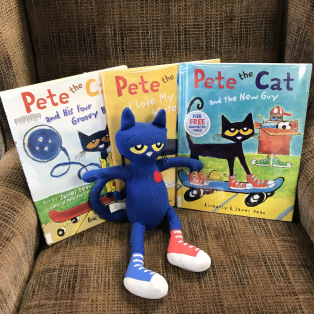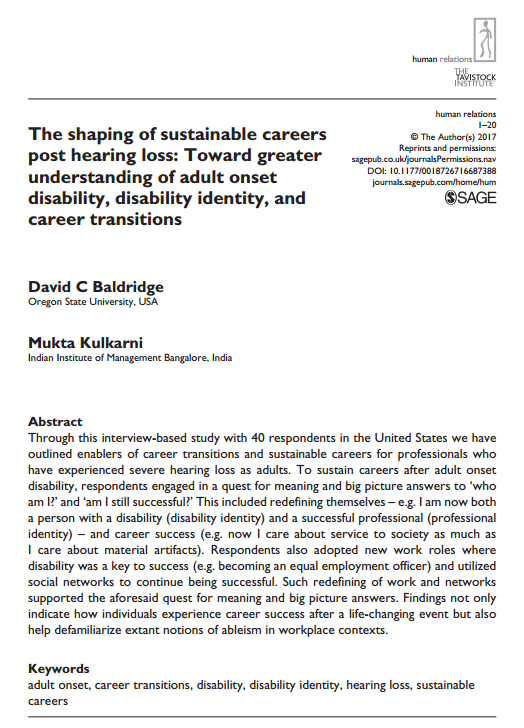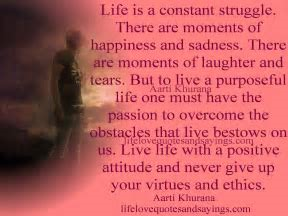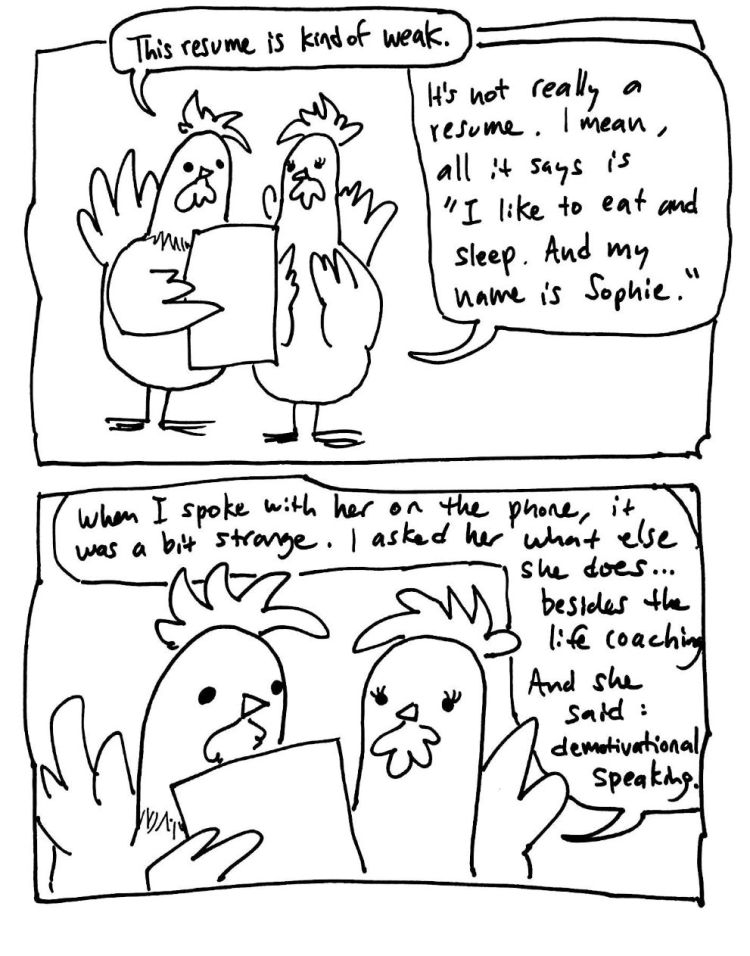
Surrey International Writers’ Conference
#SiWC17
I’ll have to break this into 2 parts. One on writing, one on the business of writing (branding and self-publishing.)
So let’s look at the writing.
Don Maass, the master teacher of all things writerish, taught a workshop on Pacing Beyond Plot.
He’s got an amazing book out on The Emotional Craft of Fiction and, of course, Writing the Breakout Novel and I would highly recommend buying them, taking them out of the library or borrowing them from a friend (and never returning it).

Don Maass, master teacher of the writerly arts. #SiWC17
Mr. Maass wanted us to move away from pacing as simply plotting, to pacing as an emotional journey of our characters and their character arcs.
That growth, that movement, that change is compelling. Like a good car chase, it moves the plot forward and engages the reader.
I don’t know why, but that really struck me.
As he went through a ton of exercises, I thought, damn, I did that in Yager’s War. And that. And I totally nailed that one, too. But there were scenes (if I am totally honest with myself), where I realized, you know what, I didn’t nail it.
For me, it was the slower scenes. Where the character gets from point A to B. Now I could skip those but I used them to add character conflict and some interaction with the locations (since I firmly believe in making the location a character as well). But what if I kicked that up a notch and thought a LOT harder on how my character develops in that scene? Wouldn’t that make it better?
I think so.
So whenever a scene has low tension, I’mma gonna look at it again and see if I can create MORE emotional movement.
Should be fun.
**********
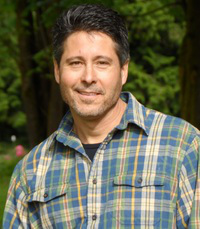
Robert Dugoni
Robert Dugoni. – Another great teacher, workshopper, and highly entertaining writer. His workshop – The First 3 Pages. (I didn’t get a chance to take his editing one, but if someone did, could they please send me their notes.)
From RD, I learned just why those first pages are important.
Let’s face it, agents and editors are SUPER busy people, so they are looking for a reason to put that manuscript down and catch up on an episode of Stranger Things. So it has to be tight, it has to be completely mistake-free and the best writing you can do.
Making it our best work increases the chance of someone reading it.
So he asked us, does the first sentence hook the reader? Do you establish what type of book it is quickly? (A romance, mystery, SF etc). Do you engage our senses, quickly? Do you have action in the 1st 3 pages? Movement? Dialogue? Do you have someone important come on stage? Have you taken us into your world? Have you engaged us? Hooked us?
It’s a lot to do, but basically the idea is to make it amazing.
But the biggest thing I got out of the workshop was something I have to learn in life.
Just because I can, doesn’t mean I should.
Just because I can climb up the side of a ruined castle to reach the top, doesn’t mean I should. Just because I can start a novel with dialogue like Nelson DeVille did, doesn’t mean I should. Be aware that, as new writers, we simply have to be the best.
So if you’ve heard over and over again that you should never start a story with dialogue and you counter, hey, Ah, Bobberino, like, Stephen King did that in Firestarter, then ask yourself, first, are you Stephen King? Then ask yourself, should you have dialogue in the opening if you know a whole butt-load of agents and editors might reject it right there? Then ask yourself, if you still want to do it, why did the great writer’s do it, cuz they sure as hell had a reason why.
There are no rules in writing except the ones that work.
But you have to make it work.
**********

Michael Slade – check out his books and tell me they don’t give you the shivers
From the great storyteller, Michael Slade, I heard three things I need to remember.
- For authentic characters or scenes, look to your own life. Remember the smells, the sounds, the way time played out. Go deep. Especially when you need to create chilling fiction, use what scares you.
- A hero is only as good as the villain. Make the villain epic and you’ll force your hero to be epic as well. But give that villain something human. Hitler’s dog. Lector’s culture. Joker’s humor.
- The more we like your character, the more we’ll worry when they’re in danger.
There was so, so much more that these fine presenters taught, so if you attend the conference next year, please check them out.
If you like what I’m writing about, take a look at my About a Stepdad Blog. Sorry for the double posts if you’re following both, I’ll be fixing that with my new website.
Don Maass teaser video
Robert Dugoni teaser video on writing.
Robert Dugoni in Writer’s Digest.
Michael Slade website, which is scary and cool.
Share this:
